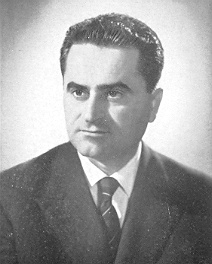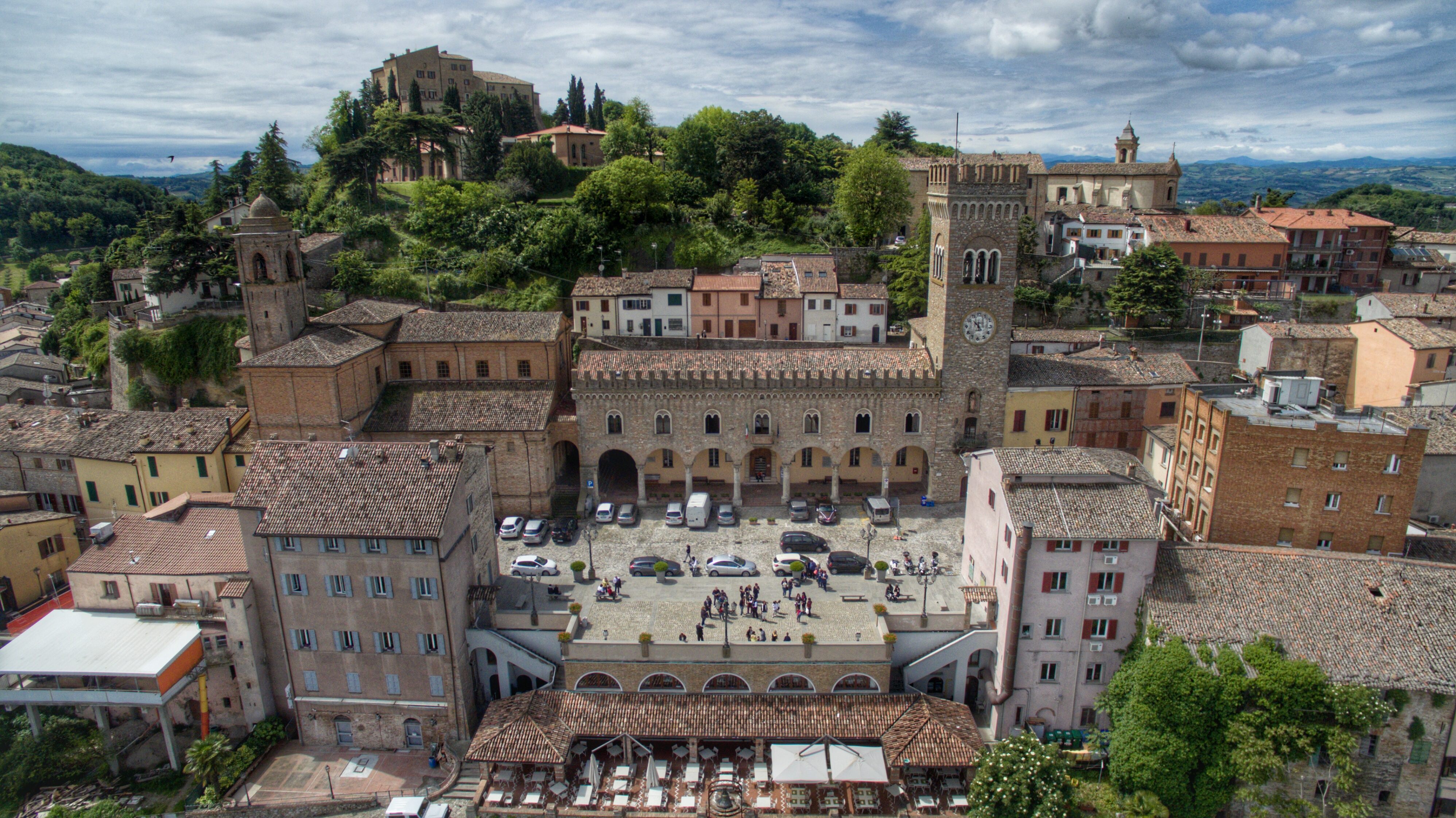|
Gino Mattarelli
Gino Mattarelli (Bertinoro, 28 October 1921Florence, 25 October 1986) was an Italian politician, deputy of the Christian Democracy Christian democracy is an ideology inspired by Christian social teaching to respond to the challenges of contemporary society and politics. Christian democracy has drawn mainly from Catholic social teaching and neo-scholasticism, as well ... party. He was State Secretary for State Holdings from 30 June 1972 to 5 July 1973. References Christian Democracy (Italy) politicians 20th-century Italian politicians 1921 births 1986 deaths People from Bertinoro {{EmiliaRomagna-politician-stub ... [...More Info...] [...Related Items...] OR: [Wikipedia] [Google] [Baidu] |
Gino Mattarelli IV
{{dab ...
Gino may refer to: * Gino (given name) * Gino (surname) * ''Gino'' (film), a 1993 Australian film See also * *Geno (other) *Gino's (other), various restaurants and fast-food chains *Gina (other) Gina or GINA may refer to: Gina Gina may refer to: * Gina (given name), multiple individuals * Gina (Canaan), a town in ancient Canaan * Arihant (Jainism), also called gina, a term for a human who has conquered his or her inner passions * ''Gina ... [...More Info...] [...Related Items...] OR: [Wikipedia] [Google] [Baidu] |
Bertinoro
Bertinoro () is a ''comune'' (municipality) in the province of Forlì-Cesena, in the Italy, Italian region of Emilia-Romagna. It is located on hill Mount Cesubeo, in Romagna, a few kilometers from the ''Via Aemilia, Via Emilia''. History There are remains of a settlement dating from the Iron Age, next to the ''frazione'' of Casticciano. As for Bertinoro itself, it was probably a strongpoint on the Roman road connecting Forlì to Rimini. Later, during the barbaric invasions, it was moved to the current location. In 1177 the castle, already well developed and known as ''Castrum Cesubeum'', housed the emperor Frederick Barbarossa. The named changed to ''Castrum Brittinori'' during the reign of Otto III, Holy Roman Emperor, Otto III, becoming seat of the countship. Main sights *The ''rocca'' (castle), built around the year 1000. It is now home to the Museum of Holy Arts and a conference center of the University of Bologna. *The Communal Palace, built in 1306 by Pino I Ordelaffi *Co ... [...More Info...] [...Related Items...] OR: [Wikipedia] [Google] [Baidu] |
Florence
Florence ( ; ) is the capital city of the Italy, Italian region of Tuscany. It is also the most populated city in Tuscany, with 362,353 inhabitants, and 989,460 in Metropolitan City of Florence, its metropolitan province as of 2025. Florence was a centre of Middle Ages, medieval European trade and finance and one of the wealthiest cities of that era. It is considered by many academics to have been the birthplace of the Renaissance, becoming a major artistic, cultural, commercial, political, economic and financial center. During this time, Florence rose to a position of enormous influence in Italy, Europe, and beyond. Its turbulent political history includes periods of rule by the powerful House of Medici, Medici family and numerous religious and republican revolutions. From 1865 to 1871 the city served as the capital of the Kingdom of Italy. The Florentine dialect forms the base of Italian language, standard Italian and it became the language of culture throughout Italy due to ... [...More Info...] [...Related Items...] OR: [Wikipedia] [Google] [Baidu] |
Christian Democracy (Italy)
Christian Democracy (, DC) was a Christian democratic political party in Italy. The DC was founded on 15 December 1943 in the Italian Social Republic (Nazi-occupied Italy) as the nominal successor of the Italian People's Party (1919), Italian People's Party, which had the same symbol, a crusader shield (''scudo crociato''). As a Catholic-inspired, centrist, catch-all party comprising both centre-right and centre-left political factions, the DC played a dominant role in the politics of Italy for fifty years, and had been part of the government from soon after its inception until its final demise on 16 January 1994 amid the ''Tangentopoli'' scandals. Christian Democrats led the Italian government continuously from 1946 until 1981. The party was nicknamed the "White Whale" () due to its huge organisation and official colour. During its time in government, the Italian Communist Party was the largest opposition party. From 1946 until 1994, the DC was the largest party in the Italian ... [...More Info...] [...Related Items...] OR: [Wikipedia] [Google] [Baidu] |
Christian Democracy (Italy) Politicians
Christian democracy is an ideology inspired by Christian social teaching to respond to the challenges of contemporary society and politics. Christian democracy has drawn mainly from Catholic social teaching and neo-scholasticism, as well as the Neo-Calvinist tradition within Christianity; it later gained ground with Lutherans and Pentecostals, among other denominational traditions of Christianity in various parts of the world. During the nineteenth century, its principal concerns were to reconcile Catholicism with democracy, to answer the " social question" surrounding capitalism and the working class, and to resolve the tensions between church and state. In the twentieth century, Christian democrats led postwar Western and Southern Europe in building modern welfare states and constructing the European Union. Furthermore; in the late twentieth and early twenty-first century, Christian democracy has gained support in Eastern Europe among former communist states suffering f ... [...More Info...] [...Related Items...] OR: [Wikipedia] [Google] [Baidu] |
1921 Births
Events January * January 2 ** The Association football club Cruzeiro Esporte Clube, from Belo Horizonte, is founded as the multi-sports club Palestra Italia by Italian expatriates in First Brazilian Republic, Brazil. ** The Spanish liner ''Santa Isabel'' breaks in two and sinks off Villa Garcia, Mexico, with the loss of 244 of the 300 people on board. * January 16 – The Marxist Left in Slovakia and the Transcarpathian Ukraine holds its founding congress in Ľubochňa. * January 17 – The first recorded public performance of the illusion of "sawing a woman in half" is given by English stage magician P. T. Selbit at the Finsbury Park Empire variety theatre in London. * January 20 – British K-class submarine HMS K5, HMS ''K5'' sinks in the English Channel; all 57 on board are lost. * January 21 – The full-length Silent film, silent comedy drama film ''The Kid (1921 film), The Kid'', written, produced, directed by and starring Charlie Chaplin (in his ... [...More Info...] [...Related Items...] OR: [Wikipedia] [Google] [Baidu] |
1986 Deaths
The year 1986 was designated as the International Year of Peace by the United Nations. Events January * January 1 ** Aruba gains increased autonomy from the Netherlands by separating from the Netherlands Antilles. ** Spain and Portugal enter the European Community, which becomes the European Union in 1993. * January 11 – The Sir Leo Hielscher Bridges, Gateway Bridge in Brisbane, Australia, at this time the world's longest prestressed concrete free-cantilever bridge, is opened. * January 13–January 24, 24 – South Yemen Civil War. * January 20 – The United Kingdom and France announce plans to construct the Channel Tunnel. * January 24 – The Voyager 2 space probe makes its first encounter with Uranus. * January 25 – Yoweri Museveni's National Resistance Army Rebel group takes over Uganda after leading a Ugandan Bush War, five-year guerrilla war in which up to half a million people are believed to have been killed. They will later use January 26 as the official date ... [...More Info...] [...Related Items...] OR: [Wikipedia] [Google] [Baidu] |




